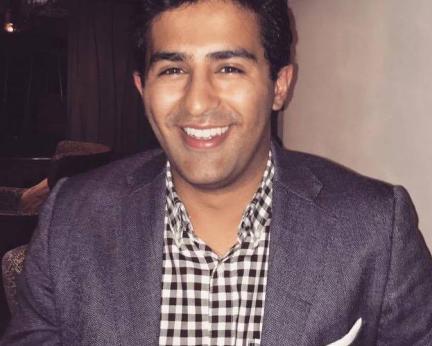During medical school I did a degree in management because I wanted to broaden my mind in topics other than medicine. I’ve also done a PhD to examine patient recovery and blood flow after aortic root replacement surgery, and helped design new keyhole devices. These extended the length of my training, but I’ve travelled extensively, made new friends and presented research all over the world. It’s all helped me develop and mature as a surgeon.
There’s a myth that it’s difficult to get into specialty training in surgery, but, if you’re determined and hardworking, it’s almost always possible. My tips for others are:
- do some work experience early and make sure you want to do the specialty you choose
- don’t choose surgery just for the prestige! It will bring long term satisfaction if you have a genuine passion for it
- surgery is an apprenticeship so get good mentors at all stage of your training. Show enthusiasm and they will guide you
- be a good, kind and compassionate colleague. Providing high-quality care is only possible through working as a team





